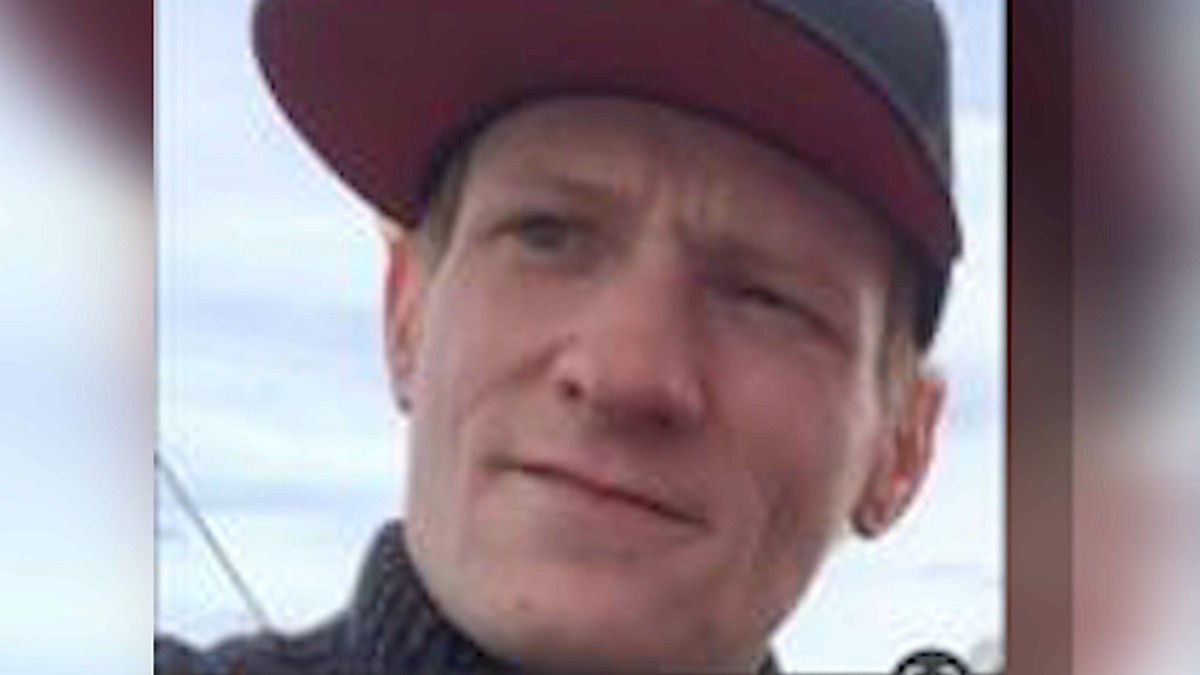
Workers at New Hampshire's youth detention center treated a teenage boy like a “sex slave and a punching bag,” and the state itself laid the groundwork for the abuse, an attorney argued Tuesday as the first of more than 1,000 lawsuits alleging similar horrors went to trial.
David Meehan, who spent three years at what was then called the Youth Development Center, returned to the Manchester facility for the first time in 25 years Tuesday afternoon, along with jurors who will decide whether the state is responsible for the abuse he alleges. During opening statements earlier in the day, an attorney for the state argued that responsibility lies with “a small group of rogue employees who acted in secret for their own purposes.”
“The law has sympathy for victims, but it also has sympathy for protecting anyone, including the department, a state agency, from having to pay money for something that someone else did, or having to pay more money than is fair,” said Assistant Attorney General Brandon Chase.
In the seven years since Meehan went to police, the state has launched an unprecedented criminal investigation into the facility, which was built in the 1850s as a “house of reformation” and is now called the Sununu Youth Services Center, after former Gov. John H. Sununu, the father of the current governor. Eleven former state workers face criminal charges, and dozens more are accused in the nearly 1,200 lawsuits former residents have filed against the state.
The allegations, spanning six decades, include counselors gang raping children and forcing them to sexually abuse each other. Staff members are accused of choking children, beating them unconscious, burning them with cigarettes and breaking their bones.
Meehan, who filed the first lawsuit in 2020, was 14 when he was sent to the facility in 1995. He alleges that over the next three years, he was routinely beaten, raped hundreds of times and held for months in solitary confinement.
According to his lawsuit, one worker who subjected him to nearly daily abuse initially gained his trust by giving him snacks and arranging for him to play basketball with local high schoolers. He accuses other workers of standing guard or holding him down during assaults, and says when he told a supervisor how he got a black eye and split lip, the man cut him off and said, “Look little fella, that just doesn’t happen.”
“David was reduced to the status of a child sex slave and a punching bag at YDC in the care of the New Hampshire Department of Health and Human Services,” Attorney David Vicinanzo said Tuesday. “The evidence that you will hear will be that the ruining of David's life came from the top of YDC, from the top of DHHS, a place filled with nepotism, obsessed with protecting staff from any culpability, and a corrupt and violent culture that they created.”
Meehan originally was the lead plaintiff in a class-action lawsuit that a judge later threw out. Now, his individual suit is the first to go to trial, with a batch of others expected later this year. The trial is expected to last weeks and will be the most public display yet of an unusual dynamic in which the state attorney general’s office has been simultaneously prosecuting perpetrators and defending the state against allegations raised in the civil cases. While one team of state lawyers tries to undermine Meehan’s credibility, a separate team will rely on his account to prosecute former workers during the upcoming criminal trials.
Chase, in his opening statement, told jurors to carefully consider whether Meehan or any other witnesses are “stretching the truth” and whether he had done everything possible to mitigate the damage. In court documents, the state has disputed the nature, extent and severity of Meehan’s injuries, argued that he contributed to them and claimed that some of the alleged physical abuse in question was “excused as necessary to maintain order and discipline.”
Meehan's lawyers countered that he entered the facility a “slight, short and scared” kid, and left it as a shattered young man who has struggled ever since. He is married and has three children, but spent years addicted to drugs and has often been out of work.
“He is unable to feel happiness. He has no joy in life,” Vicinanzo said. “Suffering is constant."
The lawsuit seeks at least $1.9 million for past and future lost income, plus compensation for pain and suffering, permanent impairment and loss of quality of life. It accuses the state of breaching its duty to act in Meehan’s best interest and of enabling the abuse by being negligent in hiring, training and supervising employees.
Witnesses will include former employees who reported witnessing abuse, only to be told by supervisors to keep quiet, Vicinanzo said. One woman will describe being told that staffers she reported were trying to recruit teenagers to rape her in retaliation, he said.
The state, meanwhile, will argue that Meehan waited too long to come forward. New Hampshire’s statute of limitations for such lawsuits is three years from the date of injury, though there are exceptions in cases when victims did not know of the harm or its link to the wrongful party.
On the criminal side, the statute of limitations for sexual assault involving children runs until the victim turns 40. Ten men have been charged with either sexually assaulting or acting as accomplices to the assault of more than a dozen teenagers at the Manchester detention center from 1994 to 2007, while an 11th man faces charges related to a pretrial facility in Concord. The first criminal trial had been scheduled to start this month, but a judge last week delayed it until August.
Meehan has expressed frustration in the past about such delays, but said he doesn't regret coming forward.
“It’s heartwarming in a way to know that I helped these other people find the strength to be able to speak the truth about their experience,” he told The Associated Press in 2021. “But at the same time, it hurts in a way that I can’t explain, knowing that so many other people were exposed to the same types of things that I was.”



